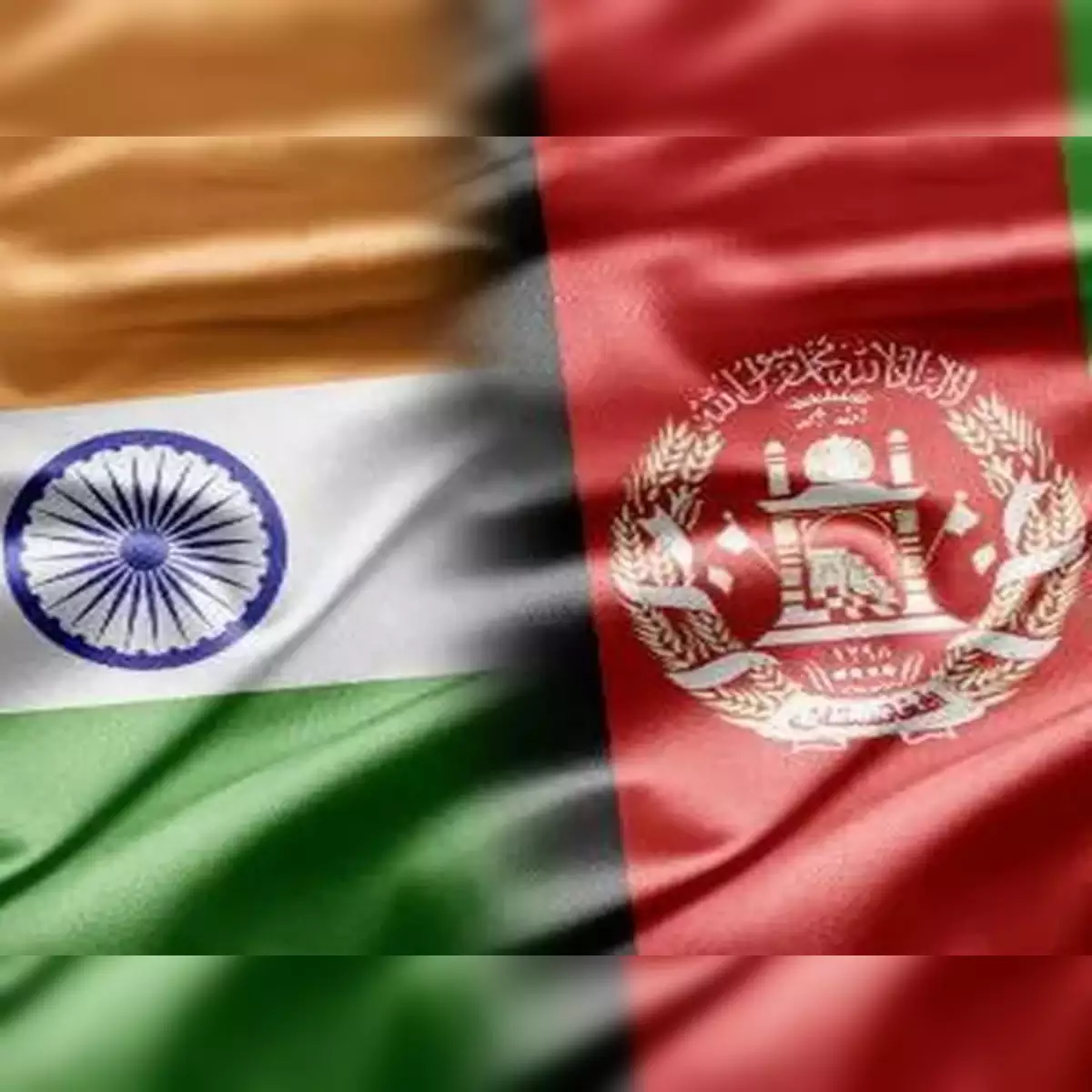
Afghanistan Announces Permanent Closure of Indian Embassy Unraveling Geopolitical Implications In a surprising and consequential move, the government of Afghanistan has declared the permanent closure of the Indian embassy in Kabul. This decision marks a significant shift in diplomatic relations between the two nations, with far-reaching implications for regional stability and global geopolitics.
Backdrop of Relations
The diplomatic ties between Afghanistan and India have a deep-rooted history, characterized by mutual cooperation in various sectors such as trade, education, and security. India has been a key partner in Afghanistan’s development, providing aid and assistance in infrastructure projects and capacity-building initiatives. The closure of the Indian embassy raises questions about the factors that led to this abrupt and unexpected decision.
Security Concerns and Regional Dynamics
One of the primary reasons cited by the Afghan government for the embassy closure is heightened security concerns. The evolving security situation in Afghanistan, particularly in the aftermath of the withdrawal of international troops, has led to increased instability and the resurgence of militant groups. The decision to close the Indian embassy may be seen as a precautionary measure to ensure the safety of diplomatic personnel and assets.
Additionally, the move may be influenced by shifting regional dynamics, including Afghanistan’s evolving relationship with neighboring countries. The Taliban’s return to power has prompted Afghanistan to recalibrate its foreign policy, with a focus on strengthening ties with regional players such as China and Pakistan. The closure of the Indian embassy could be interpreted as a signal of Afghanistan’s alignment with new strategic partners in the region.
Impact on Bilateral Relations
The closure of the Indian embassy in Kabul has the potential to strain bilateral relations between Afghanistan and India. The cessation of diplomatic activities not only hampers the regular exchange of information but also impedes the diplomatic channels that are crucial for conflict resolution and cooperation in various fields.
India, traditionally a supporter of Afghan stability and development, may reassess its approach towards Afghanistan in light of this development. The closure of the embassy poses challenges for Indian nationals residing in Afghanistan, as consular services will no longer be available. The Indian government may need to explore alternative means to safeguard its interests and maintain communication with the Afghan authorities.
Geopolitical Ramifications
The geopolitical repercussions of Afghanistan’s decision to permanently close the Indian embassy are likely to extend beyond the immediate region. It raises questions about the geopolitical realignments occurring in South Asia and the broader implications for global politics. The move could potentially alter the balance of power in the region and impact the strategic calculus of other nations with interests in Afghanistan.
Furthermore, the closure of the Indian embassy may be perceived as a diplomatic setback for India, prompting it to reevaluate its regional strategy. The void left by India’s reduced presence in Afghanistan could be filled by other actors, potentially reshaping the geopolitical landscape in ways that have far-reaching consequences.
The announcement of the permanent closure of the Indian embassy in Afghanistan is a development that warrants close attention from the international community. As geopolitical dynamics continue to evolve in the wake of Afghanistan’s changing political landscape, the ramifications of this decision are likely to unfold in complex and unpredictable ways. The international community, including India, must navigate these challenges strategically to maintain stability in the region and address the broader implications for global geopolitics.
Last Updated on: Friday, November 24, 2023 7:13 am by Admin | Published by: Admin on Friday, November 24, 2023 7:13 am | News Categories: News, Business, Education, India, Politics





